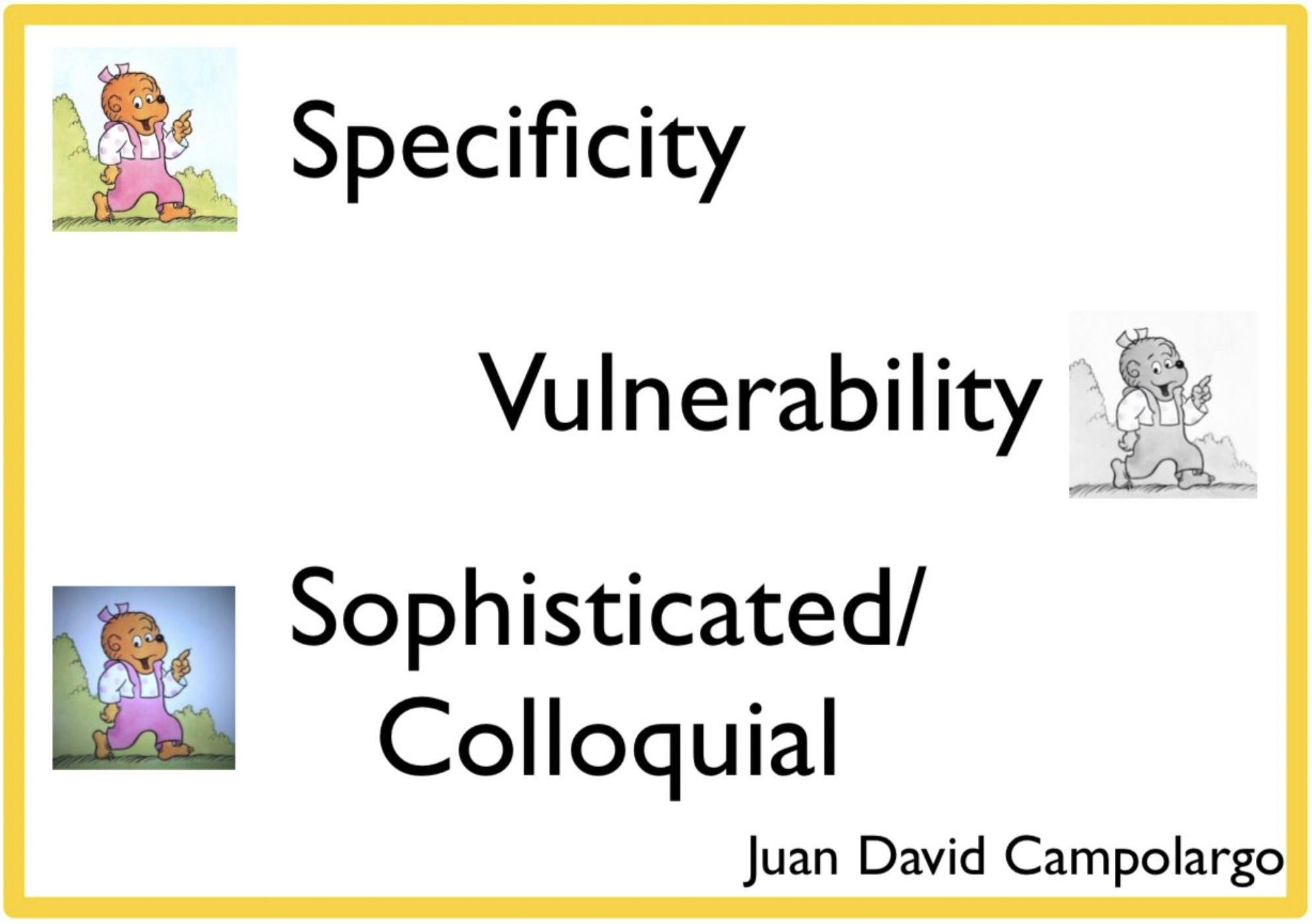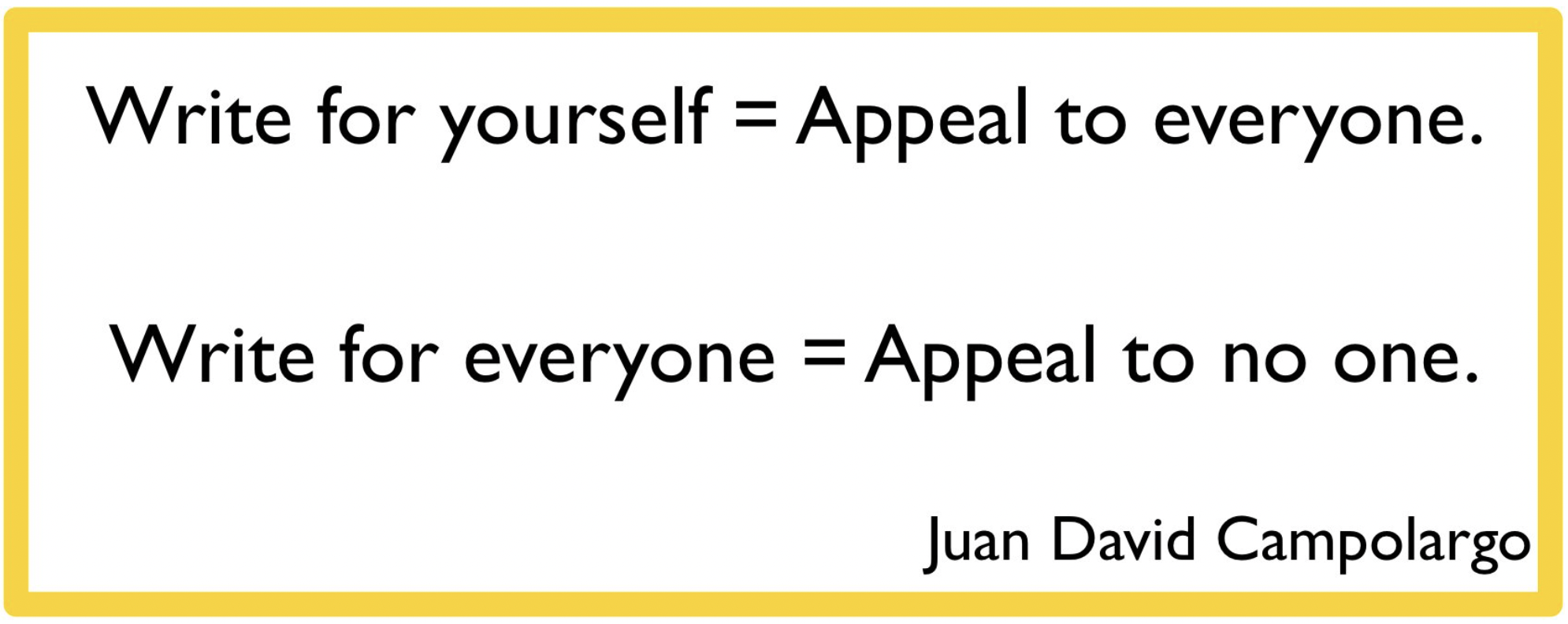The bookbear express: The Unseen Face of Ava
Ava is one of the best contemporary writers I read. Without exception, every essay she writes is like she wrote it for you. She targets a gut feeling you have but don’t know how to describe it. Well, Ava comes right in and puts it right in front of your eyes, and walks you through it.
But why is Ava so good? I asked but she did not reply (no hard feelings). I’ll attempt to explain her writing and what we can learn from it.
Ava, if you’re reading this, and you think I messed up somewhere, let me know.
Here we go.
Her writing style could be defined as the following: Specificity + Vulnerability + Sophisticated/Colloquial.

She invites you to her life. You get to see what she’s feeling and you sort of become like a friend who is learning about her issues and thoughts. But while doing so, you realize you have the same problems and thoughts, and even though she was describing her feelings, by the time you finish reading one of her essays, you felt like you now understand something deeper about that nagging feeling you’ve had for a long time.
She achieves this level of personalized/tailored writing by being specific. She isn’t trying to appeal to everyone. She seems to write for herself or as she described in her first newsletter, “This is a place where my brain can hang out with yours!” She gives you the luxury to join her brain living room and chill about life’s most pressing questions. This is an interesting paradox. Write for yourself, appeal to everyone. Write for everyone, appeal to no one.

To add to her specificity, she adds vulnerability. Her writing is like letters. Or at least that’s how Ava thinks about her writing. She isn’t afraid to write about how her father told her to not wear a certain type of skirt, or write about something as private as taking psychedelics. Because the focus of her writing seems to be purely for herself, it allows her to be open and vulnerable with herself and with us without having to think twice about anything she writes.
But because she’s so blunt, it feels like she’s telling you a secret. Who do you tell secrets to? Your closest friends. Once, she’s told you such a thing, you want to keep reading and supporting her. It reminds me of an Anne Frank quote when she said, “I hope I will be able to confide everything to you, as I have never been able to confide in anyone.” Ava does not ask if she can trust you, she simply does, and that’s when you become her confidant and loyal reader.
Not only Ava is an excellent world observer and unreserved in her thoughts. At times, she achieves what David Foster Wallace wanted for his writing when he said:
Most of the modern writing I like the best is both sophisticated and colloquial—that is, high-level and complicated but at the same time intimate, sort of like a smart person is sitting right there talking to you—and I think I do little more than try to achieve this same high-low blend.
You can tell she’s brilliant but she doesn’t use big fancy words to sound “smart.” Even the most “uneducated” or young person can understand what she’s saying. Don’t get me wrong, her writing could be complicated but she makes it look simple and easy to understand.
Instead of sounding smart, you’re like her friend she does not need to impress. When Ava writes, she tells you what and how she feels using a language of simplicity describing complex but vivid observations.
on writing like the bookbear express
How can we write like Ava? Well, I don’t think you should. Develop your own style. Yet, we can learn from Ava to evolve our writing.
Ava’s writing is specific, vulnerable, and a blend of sophisticated/colloquial. Let’s go one by one.
With specificity, you can achieve that level of clearness when you write for yourself, and often about yourself. Ava achieves this by sharing personal stories and convoluted feelings.
Next, it’s vulnerability. When you’re writing about your personal life and feelings, it’s difficult to share with people on the internet. It’s hard enough with people you know. How can you be vulnerable in your writing? She does a couple of interesting things.
She doesn’t write with her full name. She seems to be using a semi-pseudonym. Ava looks like her real name but no one knows her last name. If you look her up, she doesn’t show up either. This is a clever strategy as she can avoid repercussions from employers or even family.
That might not be enough to be vulnerable. In on shame, she writes, “I now understand that people will always judge you and that rejection is inevitable. If you’re trying to do something difficult, you need to be strong enough to weather rejection again and again.” She overcomes this fear by understanding people are quick to judge and reject.
Lastly, we have intellectual writing that is easy to understand. This one is harder because it requires reading a lot of philosophy and the skill to synthesize the world around you. After all, she’s a bookbear. Not only that, you need a deep understanding of these complexities to make it look and sound like a simple conversation.
In a way, this is what makes Ava, the bookbear express. The brilliant writer with advanced ideas using simple words, outspokenly sharing her thoughts and feelings.
My favorite essays by Ava:
If you’re into interesting ideas (like the one you just read), join my Weekly Memos, and I’ll send you new essays right when they come out.